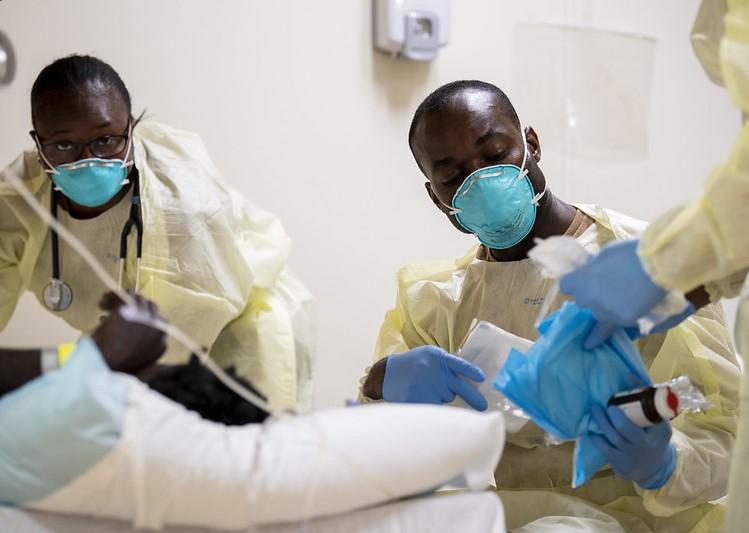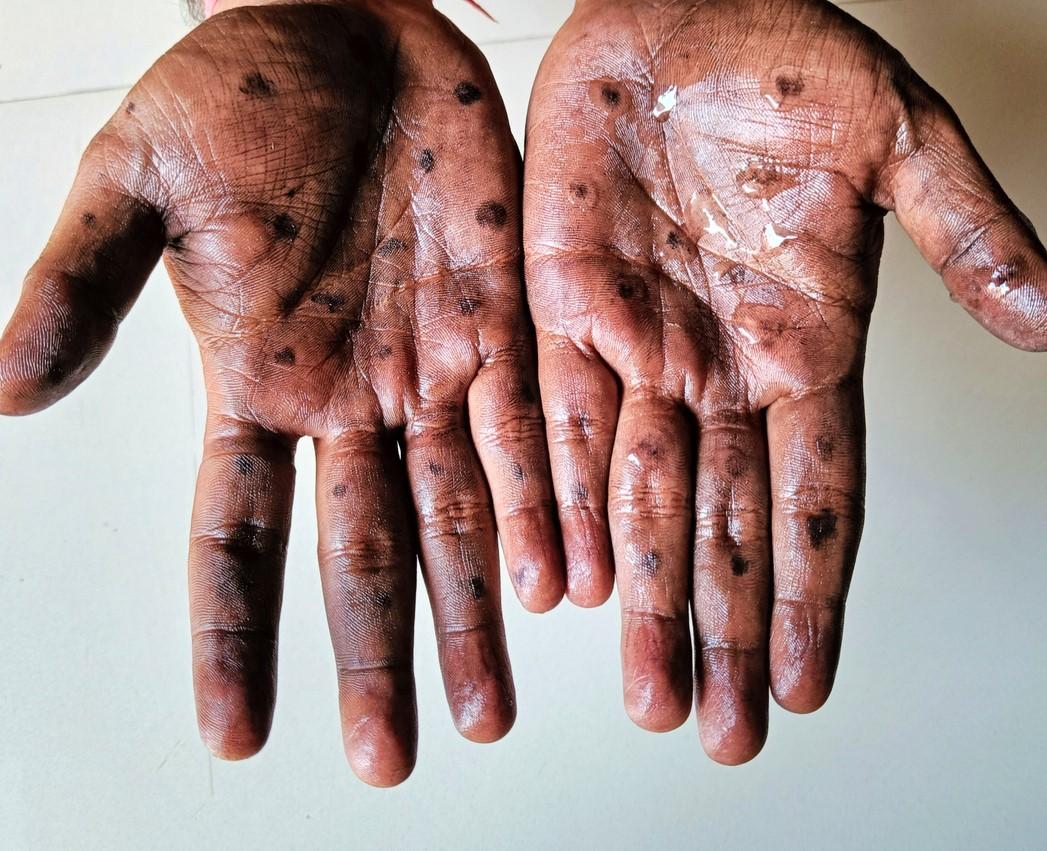
Global life expectancy increased by 6.2 years since 1990 in large part because of a reduction in infectious diseases, according to a study yesterday in The Lancet. The progress came from reducing deaths from diarrhea, lower respiratory infections, stroke, and heart disease, but has been slowed by the COVID-19 pandemic.
The study compared 288 causes of death from 1990 to 2021 in 204 countries and territories.
A super-region comprising Southeast Asia, East Asia, and Oceania had a net life expectancy gain of 8.3 years from 1990 to 2021. The region also had some of the tightest COVID-19 restrictions, which helped limit deaths from the novel coronavirus. Eastern sub-Saharan Africa experienced the largest increase in life expectancy, 10.7 years.
Most of these gains were owing to control of diarrheal and enteric diseases. Improvements in managing diarrheal diseases increased life expectancy worldwide by 1.1 years from 1990 to 2021, the authors said.
COVID-19 replaces stroke as second-leading cause of death
In those three decades, the leading causes of age-standardized deaths globally remained the same: ischemic heart disease, stroke, chronic obstructive pulmonary disease, and lower respiratory infections.
COVID-19 replaced stroke as the second-leading age-standardized cause of death in 2021, however, with 94.0 deaths (95% uncertainty interval, 89.2 to 100.0) per 100,000 population. The largest reduction in life expectancy due to COVID-19 occurred in Latin America and the Caribbean (3.6 years).
"As a leading cause of death, COVID-19 reduced life expectancy in 2 years nearly as much as reductions in communicable and [noncommunicable diseases] have improved it over decades," the authors concluded.
As a leading cause of death, COVID-19 reduced life expectancy in 2 years .
"On one hand, we see countries’ monumental achievements in preventing deaths from diarrhea and stroke," said Liane Ong, PhD, a co-first author of the study and lead research scientist at the Institute for Health Metrics and Evaluation (IHME), in a press release from IHME. "At the same time, we see how much the COVID-19 pandemic has set us back."













